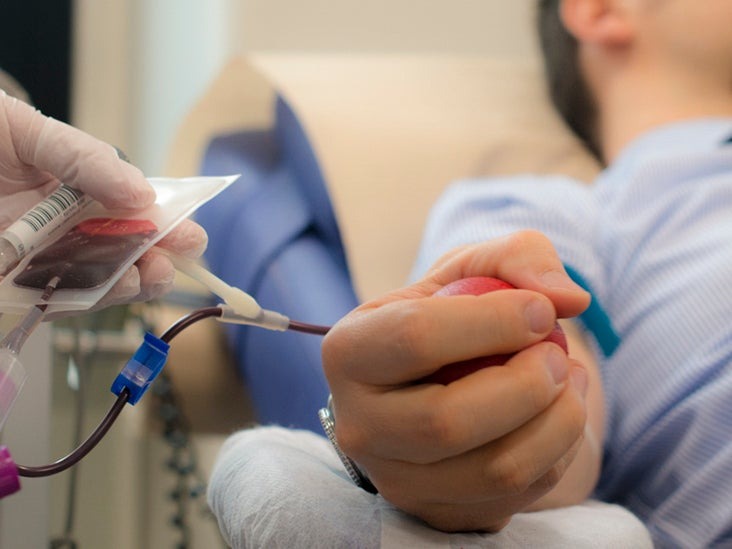After years of implementing restrictions on blood donations from gay and bisexual men, the Food and Drug Administration (FDA) has announced a new policy that will allow more men to donate blood, potentially expanding the number of eligible donors in the United States. For decades, blood banks have imposed restrictions preventing men who have sex with men from donating, citing concerns that their blood could lead to the spread of HIV. The FDA is now ending the requirement that men in this category must abstain from sex for three months before donating.
Under the new guidelines, gay and bisexual men in monogamous relationships will not need to abstain from sex prior to giving blood. This move has been applauded by the Human Rights Campaign, which sees it as an end to a decades-old ban rooted in discrimination and bias. The FDA’s center for biological therapies director, Dr. Peter Marks, stated that “the implementation of these recommendations will represent a significant milestone for the agency and the LGBTQI+ community.”
The new policy will ask every blood donor, regardless of their sexuality, the same questions to determine their risk for HIV. Blood donors will be asked questions about their sex life and recent partners. People who report having a new sexual partner, having more than one sexual partner in the past three months, or having anal sex in the past three months will not be able to donate, according to the FDA.
The policy is based on the best available scientific evidence and is in line with policies in place in countries like the United Kingdom and Canada, the FDA said in a press release. The policy also eliminates screening questions specific to women who have sex with bisexual or gay men. Almost a decade ago, the FDA had restrictions in place that required gay and bisexual men to abstain from sex for one year before they could donate.





